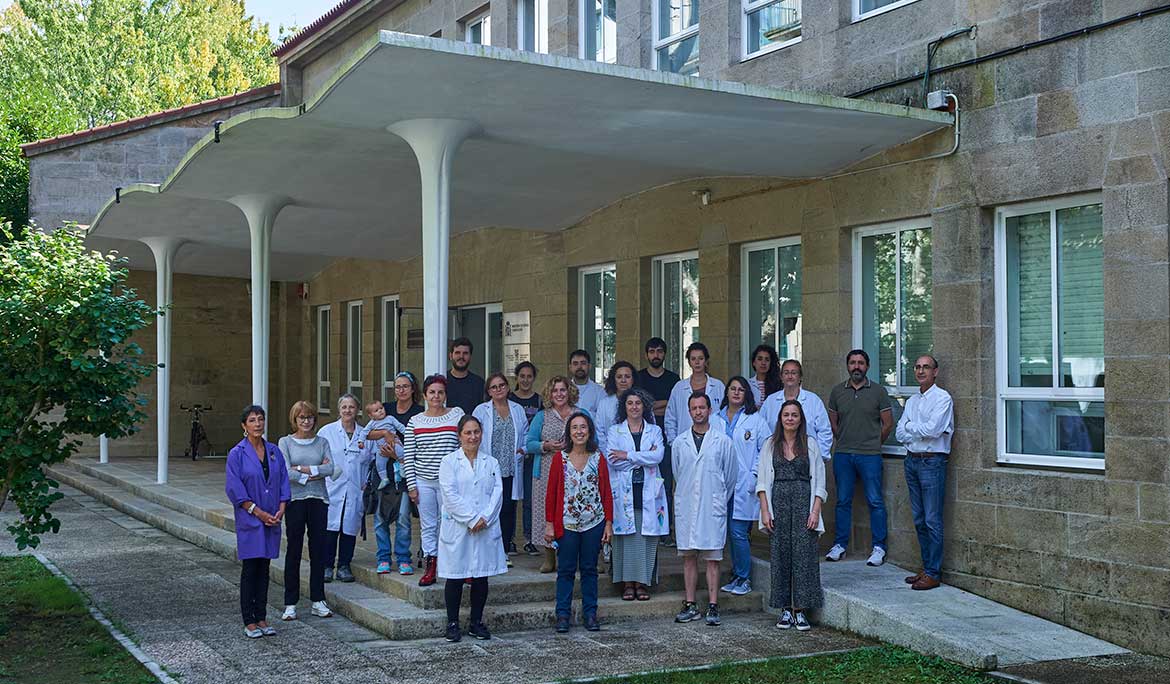Tipo de publicación:
Revistas indexadas en la Web of Science o en SCOPUS
Enlace a publicación:
https://doi.org/10.1016/j.scitotenv.2019.133692
Abstract
Bioremediation is a soil clean-up technique which exploits the metabolic capacity of microorganisms to degrade soil contaminants. A model was developed to simulate the ex situ bioremediation of a diesel-contaminated soil in a bio-slurry reactor inoculated with a diesel-degrading bacterial strain. Mass transfer processes involving desorption of diesel from soil to water and volatilization of diesel from water, and biodegradation by the bacterial inoculant were included in the model by using Weibull sigmoid kinetics and logistic/Monod kinetics respectively. Model parameters were estimated in batch-based abiotic and biodegradation experiments. Sensitivity analysis revealed the importance of maintaining a high bacterial density in the system for maximum bioremediation efficiency. The model was validated using a pilot bioreactor monitored for 528 h, which removed almost 90% of the diesel present in the system. The results revealed the capacity of the model to predict the bioremediation efficiency under different scenarios by adapting the input parameters to each system.
Grupos:
GRUPO DE REFERENCIA COMPETITIVA DE CONSERVACIÓN Y MEJORA DE SISTEMAS AGROFORESTALES
Investigadores:
PETRA SUSAN KIDD
